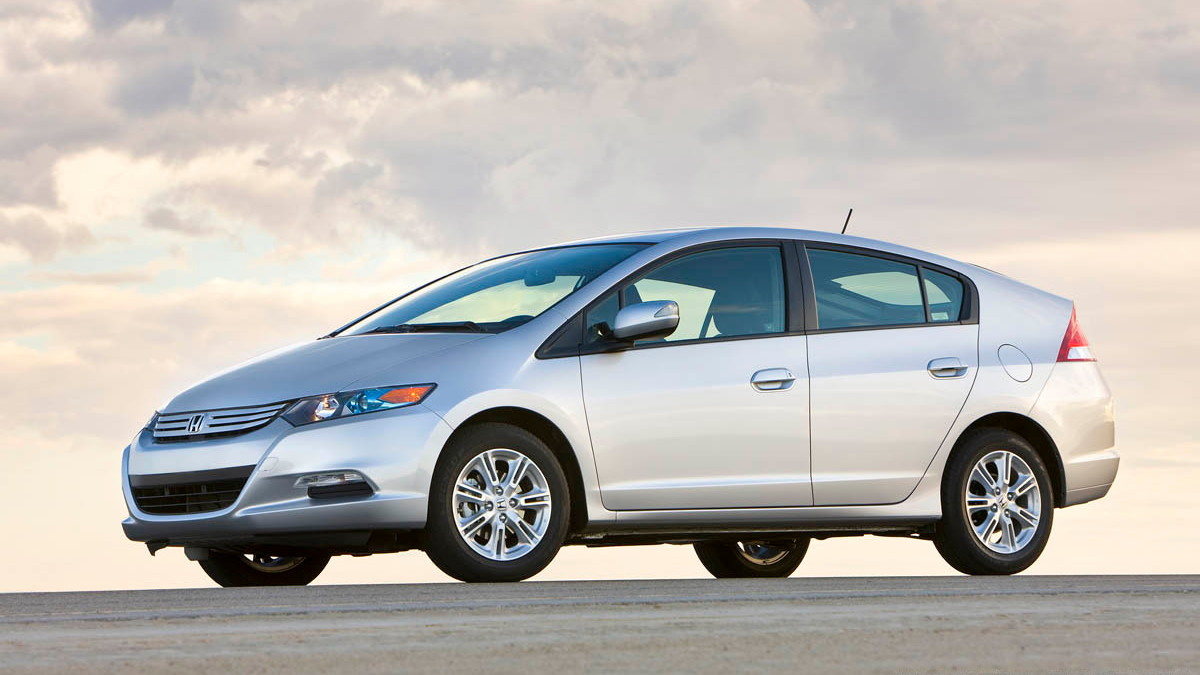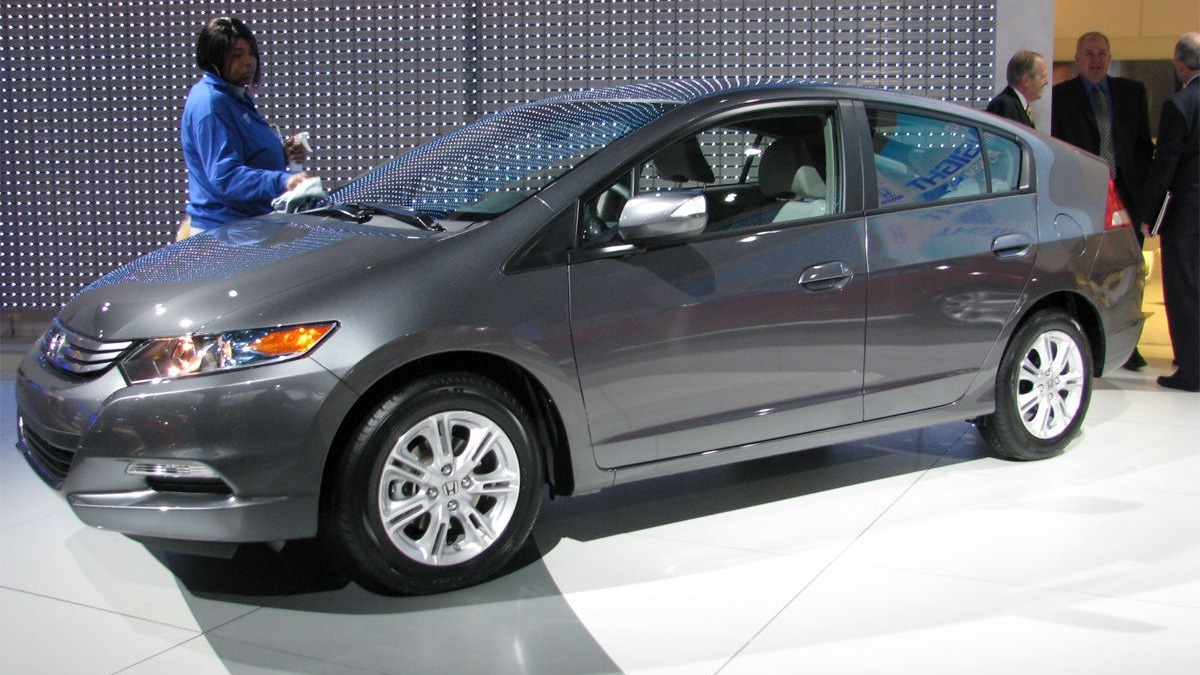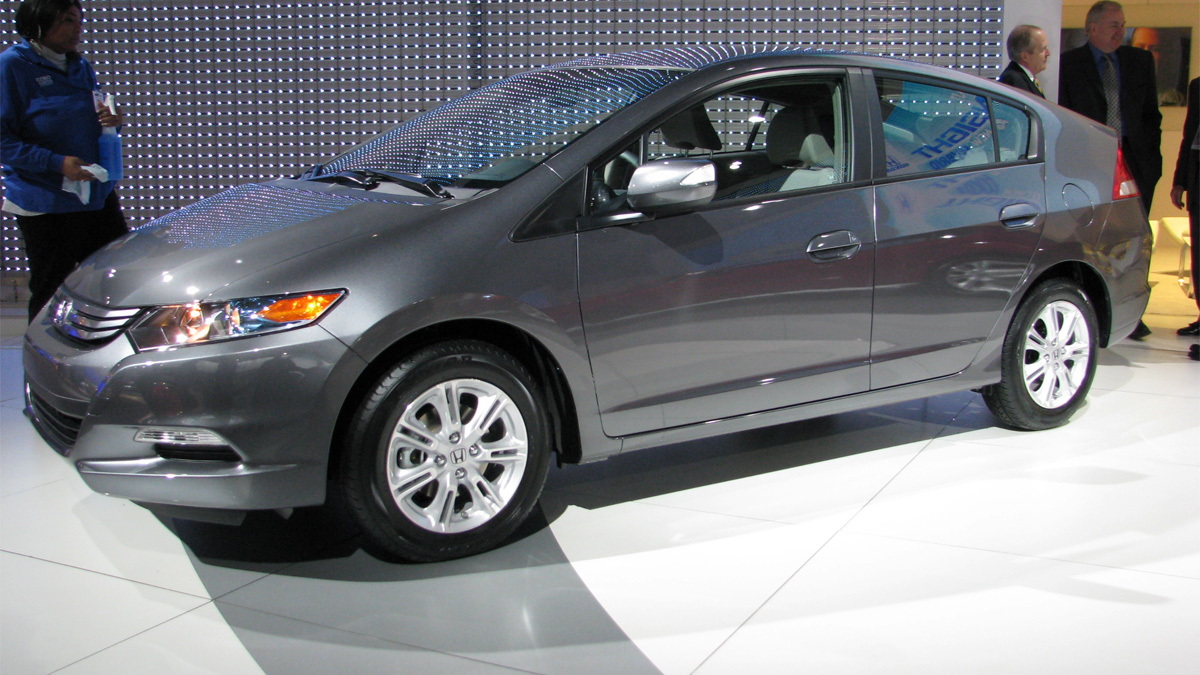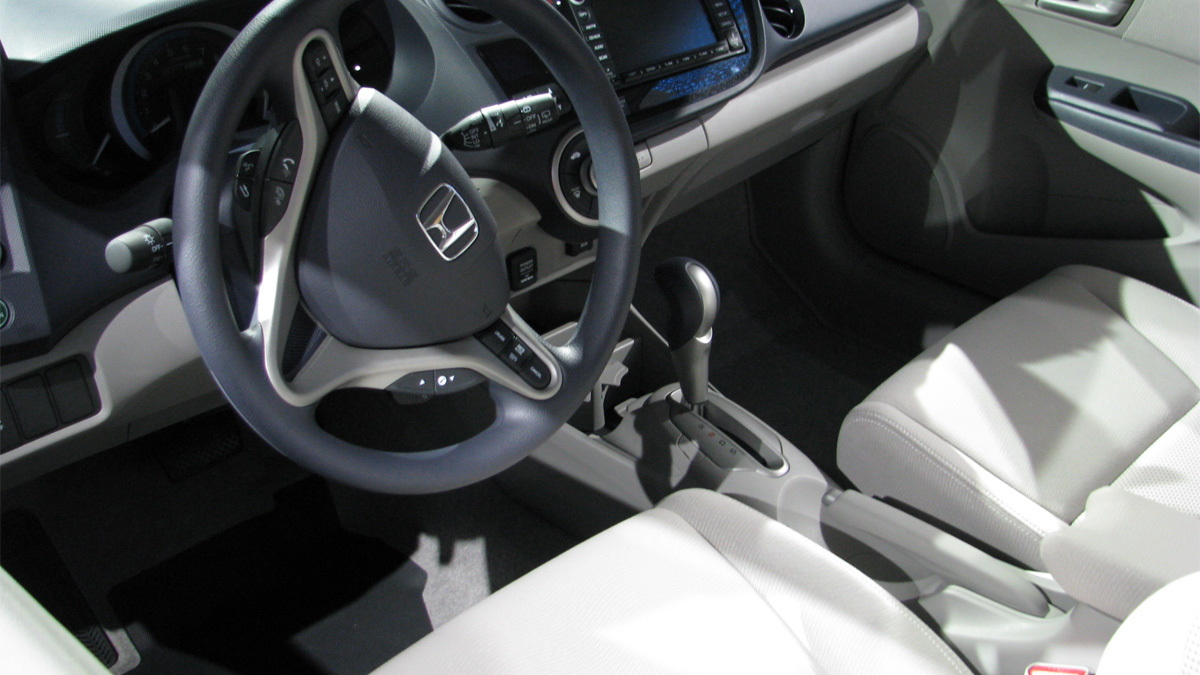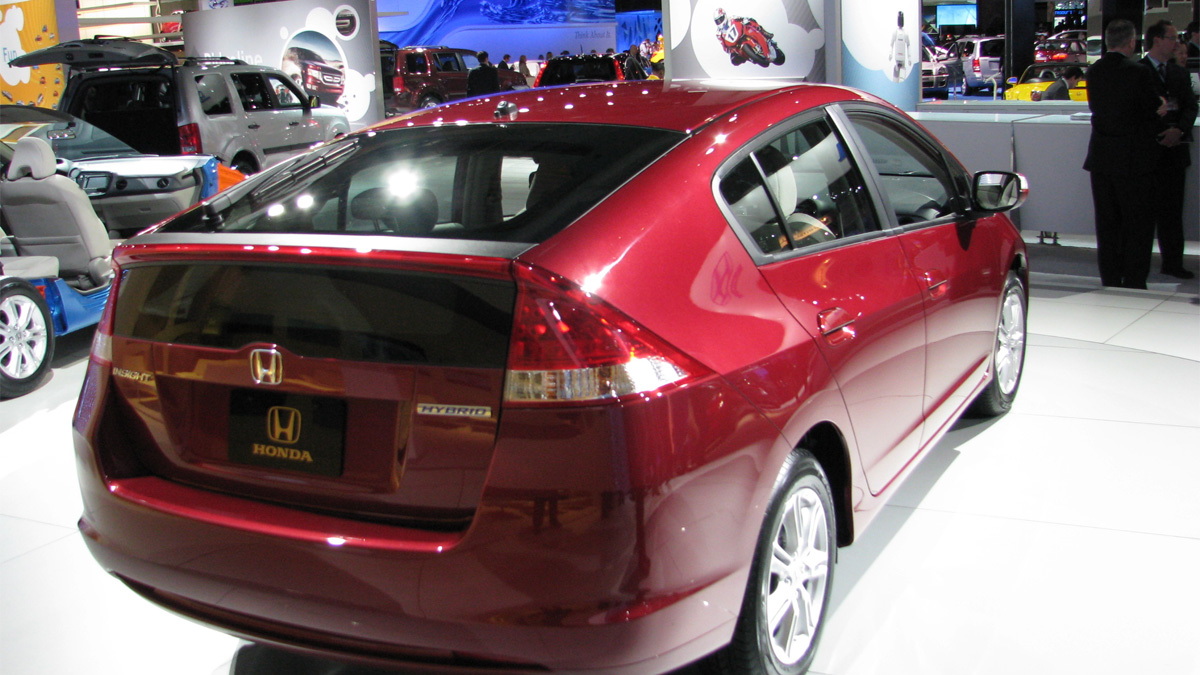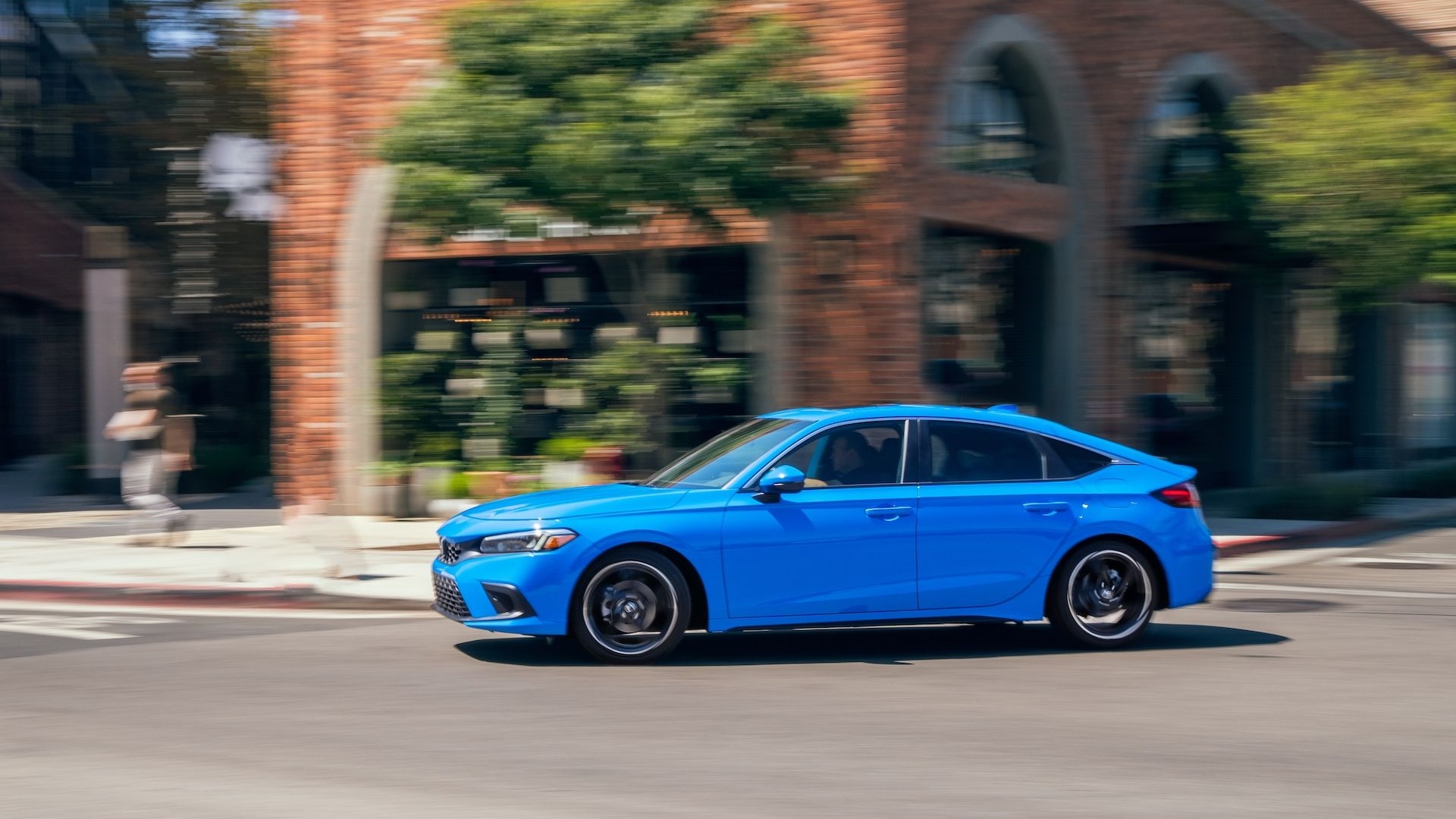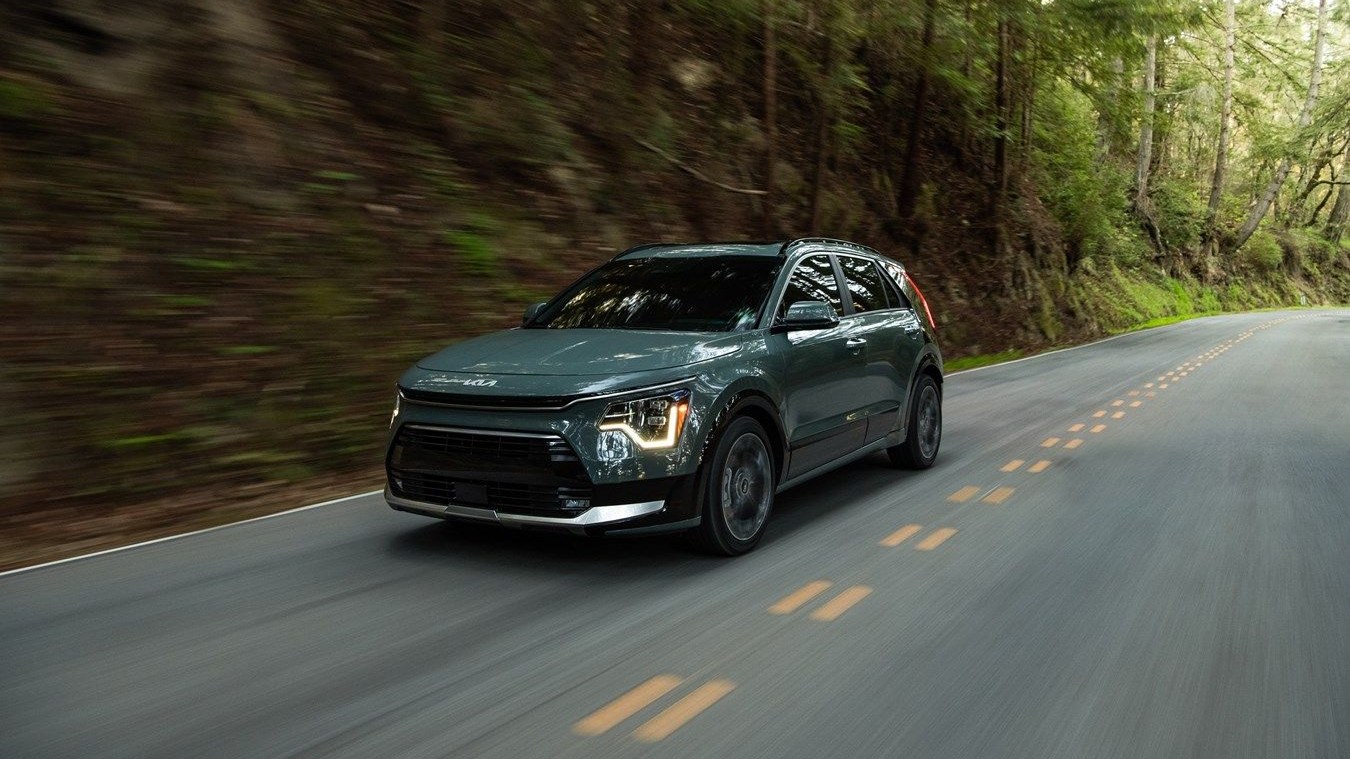The news bodes well for Toyota, which is still preparing for an all-out price war with Honda's Insight via the Prius I. Now, sales for both cars are expected to rise, especially in light of new incentives for hybrid car buyers provided by the Japanese government. Previous targets of 42-43,000 Priuses per month have now been raised to about 50,000, according to the Detroit News, though Toyota declined comment on precise numbers. "We are considering steps to increase production to meet demand," Toyota spokesman Paul Nolasco said, however, a solid indication that demand exceeds the pre-set targets.
The Prius, now in its third generation since its 1997 introduction, remains the best-selling petrol-electric hybrid in the world, with sales of more than 1.25 million units since its launch. With a fuel-economy rating of 51mpg in the city, 48mpg on the highway and a combined figure of 50mpg, the latest Prius is expected to be the most popular yet and by itself should eclipse this tally.
Pricing starts at ¥2.05 million (approximately $21,400) in Japan, which is more costly than the Honda Insight, but it comes with a larger engine and more standard features. Interestingly, Toyota is still selling the previous generation Prius alongside the new model and it will be interesting to see what this will do for overall sales. In the U.S., pricing for the 2010 Prius I will start at $21,000, or about $1,200 over the Honda Insight.
Which company will win in this hybrid battle is up to the global market, but whatever the outcome the result is good for consumers as the rivalry will likely create cheaper, better cars.
